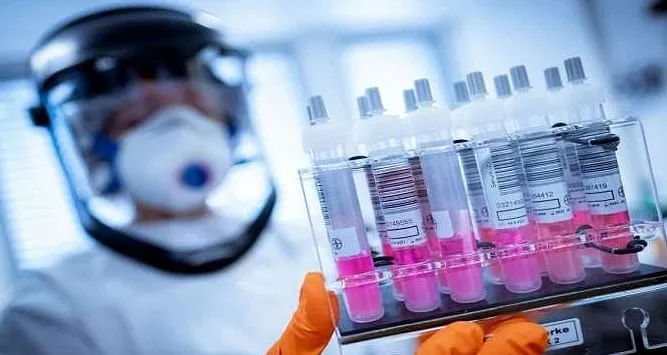As I write these lines the number of people world-wide reported infected by COVID-19 stands at over 2.2 crores, of which more than 7.8 lakhs have died. The virus emerged in China in November last year and the first case outside it was seen in Thailand in January. On March 11 the World Health Organisation (WHO) declared it as a pandemic. At that stage, WHO stated, that there were 118000 cases in 114 countries and the death toll stood 4291. Five months later it has spread to all corners of the world. It may have impacted all countries differently but it has shaken up the way world conducted business—and I use this word not only in its commercial connotation—till now.
The severity of the global dislocation it has caused should have led to an intense urge for international collaboration to find preventives and therapeutics against the virus. It should have also led to top priority been given to seeking universal cooperation on how to handle global disruptions. But the opposite has been witnessed.
Instead of coming clean early on the virus the Chinese sought to go slow if not cover-up. This is borne out by their punitive actions against those brave doctors who took to the social media to express their fears. Initially ambivalent on China in the context of COVID-19, the United States launched a full campaign against it once the infection began to spread rapidly in New York and other states. The Europeans who were the first after China to bear COVID-19’s brunt remained cautious not wanting to blame China openly but clearly now harbour great resentment for not only its obfuscation but also its aggressive geo-strategic moves.
Of course, important organisations such as the G20 have held virtual summits and pledged to cooperate to find preventives and therapeutics against COVID-19. Regional organisations too have done the same and some countries including India have sent medicines to alleviate the impact of the virus. Bilaterally too partner countries are promising to help. Next month at the high-level segment meetings of a new session of the United Nations General Assembly (UNGA) which will be held virtually all leaders will emphatically ask for full international cooperation to end COVID-19 and mitigate its comprehensive global impact. Despite all this the fact is that every country has to find its own way to handle this crisis and though some international help will be forthcoming all countries are really on their own. That is the cruel nature of the world and is illustrated in the way different countries are attempting to develop vaccines against COVID-19.
It would have been preferable if the international community had pooled its resources to pursue different methods to produce vaccines against the virus. Instead, different countries and within them different research organisations and different pharmaceutical companies are going ahead on their own. Both profit and national pride are now at stake. Consequently, while all major countries and groups are asserting that the vaccines, if and when developed, should be available to the entire world there is, as yet, no plan of how all this will be achieved.
This situation, in its different aspects, is illustrated by the largely sceptical response of the international community to the Russian claim to have successfully developed a vaccine. Ten days ago, President Putin announced that Russia had successfully developed a vaccine against COVID-19 and that one of his daughters had been administered it without any side-effects except for a temporary and slight rise in temperature. Officials said that wider testing on the population in what is called phase 3 trials would begin and that the vaccine would be ready to be administered to the general public in October.
These announcements met with doubts especially in the US and Europe. It was claimed that Russia had dangerously rushed through the vaccine’s development process and had made no data available for scientific scrutiny. Some commentators remarked that in fact Putin was attempting to restore Russia’s lost glory as indicated by the name given to the vaccine, Sputnik 5; in the 1950s Russia had beaten the United States by sending the first satellite—Sputnik—into space.
There is no doubt that the western world would like that one of its vaccines becomes the first to get global acceptance. Today it is being developed by Oxford University along with a British dominated company AstraZeneca which is supposedly the leading candidate. It is going for phase 3 trials. Other affluent western governments are financing their companies to develop vaccines too. Indeed, that is why the WHO chief recently warned against “vaccine nationalism”. He also said, “Sharing finite supplies strategically and globally is actually in each country’s national interest”. Notwithstanding, the great disappointment with WHO’s initial approach to the pandemic and its leaning towards China these words of the WHO chief are true.
One day the pandemic will pass. When the history of these times is written it will be noted that the international community failed to effectively come together to combat the virus; that once again the narrow interests of nation-states triumphed over the common good of humanity. This is not being cynical but realistic and it is illustrated by how the world is dealing with not only the pandemic but by how governments of major countries are no longer giving COVID-19 the priority it deserves. For instance, the United States is now pre-occupied with its coming Presidential elections and China is busy seeking to use the opportunity to push forward its expansionist policies.
Sadly, that is the way of the world.






